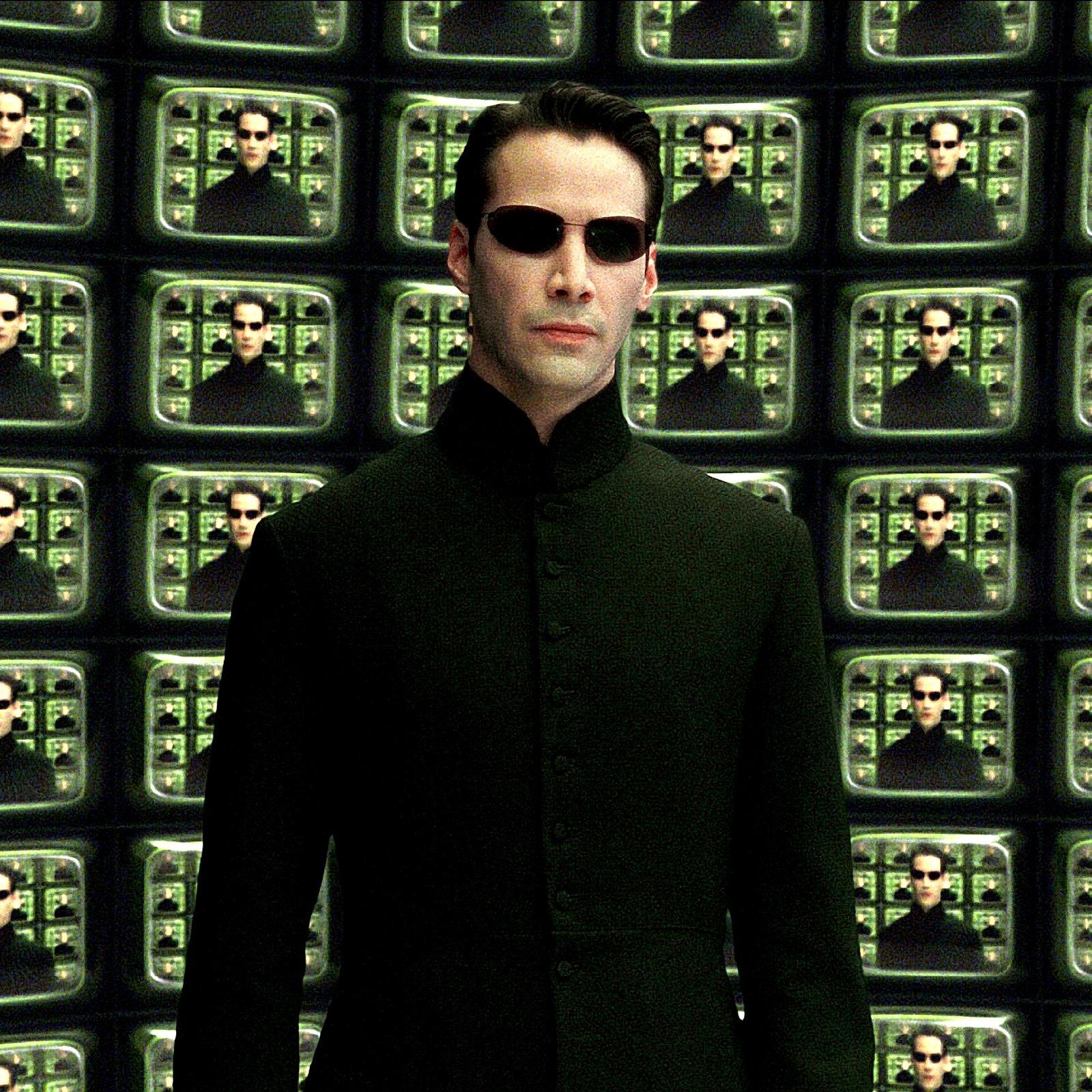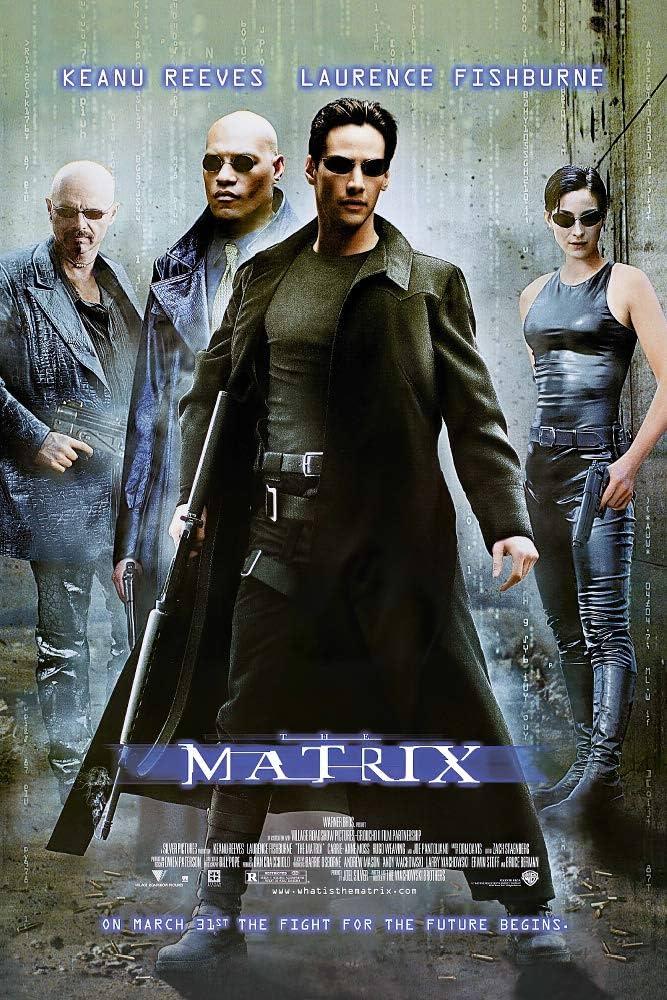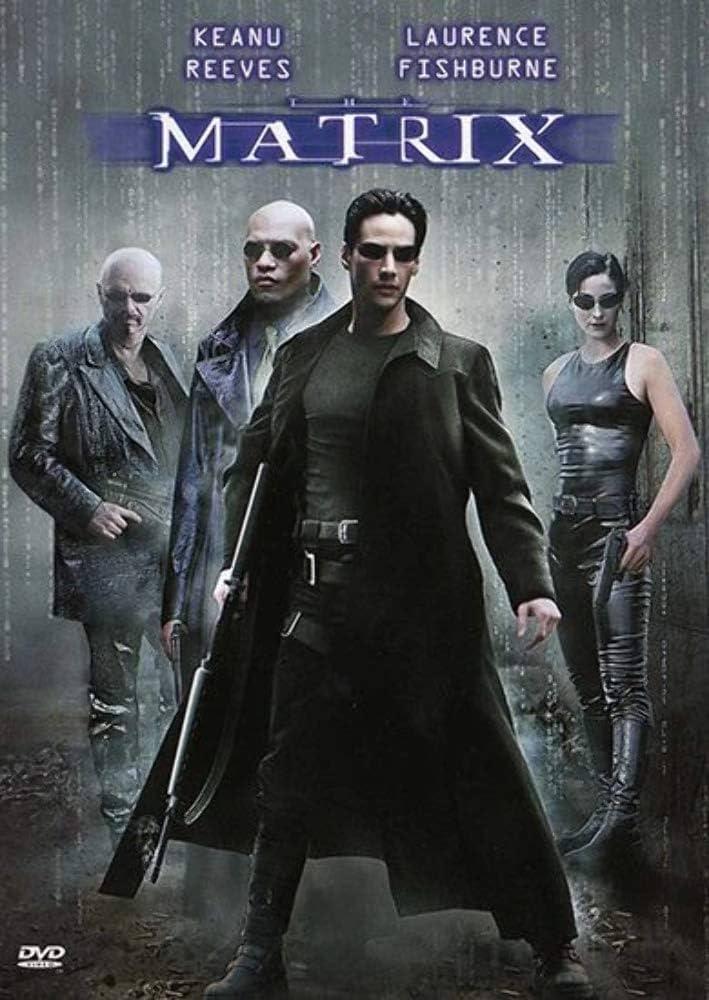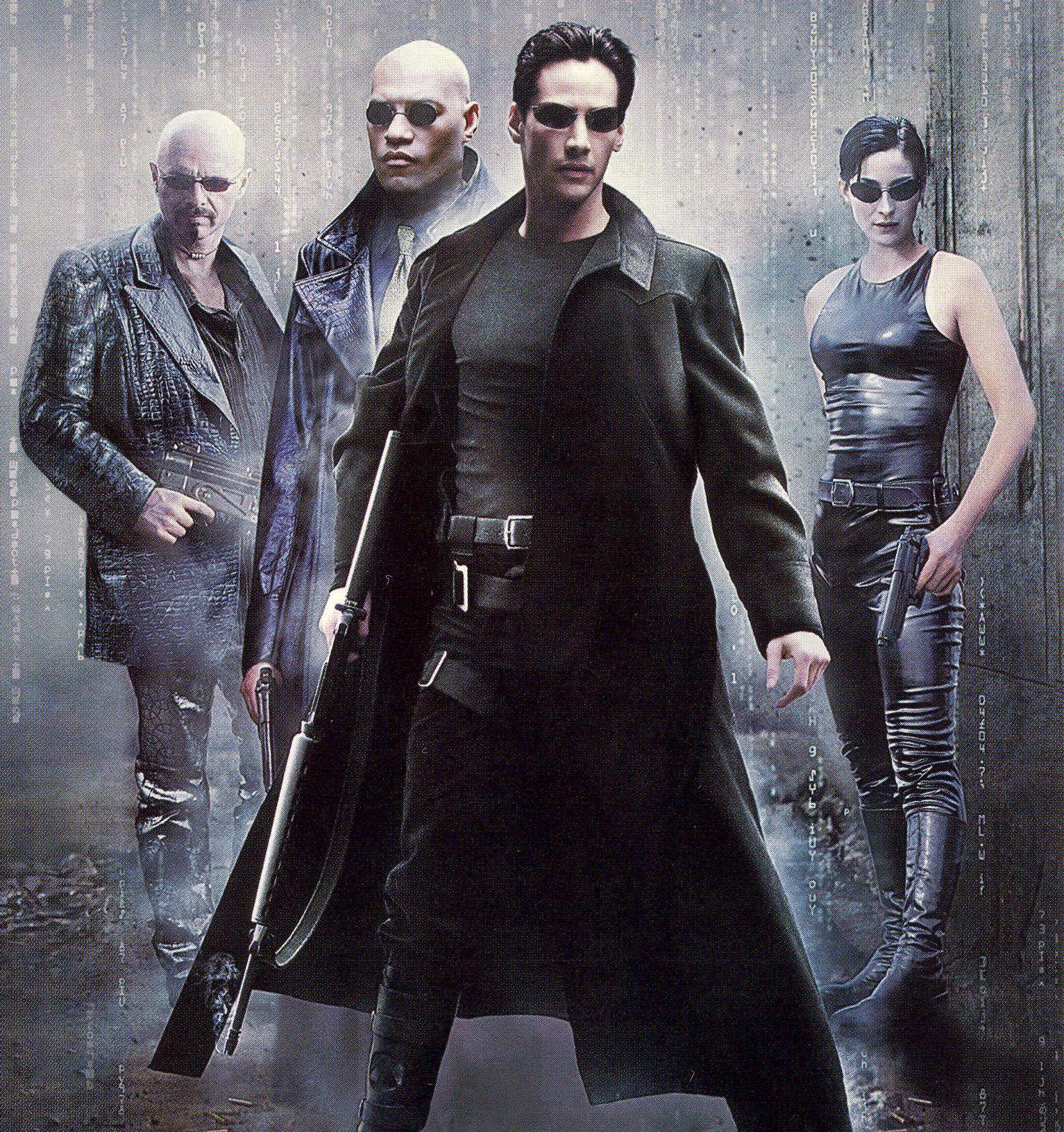In a world where digital landscapes and virtual realities have become almost mundane, one might wonder if the echoes of the past still resonate amidst the cacophony of modern sci-fi innovation. As the digital age hurtles forward at breakneck speed, with AI algorithms crafting symphonies and virtual worlds as rich as reality itself, it’s easy to dismiss the cinematic relics that once shaped our vision of the future. Yet, in the midst of this technological renaissance, there lies a question that begs for exploration: Is “The Matrix,” that iconic green-tinted saga, still relevant? Can its philosophical musings and groundbreaking visuals still captivate minds, or has it been overshadowed by decades of relentless progress? Join us as we journey down the rabbit hole, examining whether Neo’s world still holds sway in the ever-evolving realm of science fiction.
Matrixs Timeless Philosophy in a Tech-Driven World
In an era where technology pervades every facet of our lives, The Matrix continues to serve as a profound commentary on the intersection of reality and illusion. Its exploration of themes such as artificial intelligence, simulated realities, and the quest for truth resonates now more than ever. Despite the leaps in science fiction since its release, the film’s philosophical underpinnings remain pertinent, inviting audiences to question their perceptions and the digital tapestry enveloping them.
- Reality vs. Perception: The notion that our perceived reality may be a construct is more relevant in today’s virtual age, where digital environments blur the line between the tangible and the simulated.
- Choice and Free Will: As algorithms increasingly dictate our decisions, The Matrix’s emphasis on human autonomy encourages introspection about the extent of our control over our lives.
- Technological Overreach: The film’s cautionary tale about unchecked technological advancement serves as a reminder of the potential consequences of our relentless pursuit of innovation.
In revisiting these timeless themes, The Matrix not only remains a cornerstone of sci-fi cinema but also a crucial lens through which we can examine our tech-driven existence. Its philosophy continues to challenge and inspire, prompting us to look beyond the surface and seek the deeper truths hidden within our world.
Cinematic Techniques that Revolutionized Modern Sci-Fi
The art of filmmaking has always been about pushing boundaries, and the sci-fi genre is no exception. The Matrix, released in 1999, is a masterclass in innovative cinematic techniques that have left an indelible mark on modern science fiction. One of the most groundbreaking techniques introduced was bullet time, a visual effect that allows the audience to see every intricate detail of an action scene in slow motion while the camera appears to move at normal speed. This method not only amplified the dramatic intensity of action sequences but also paved the way for a new era of visual storytelling.
- Virtual Cinematography: The Matrix used advanced computer-generated imagery (CGI) to create fully realized digital environments, setting a new standard for virtual world-building in films.
- Philosophical Storytelling: It fused mind-bending concepts with kinetic visuals, encouraging audiences to question reality and ponder existential themes.
- Innovative Choreography: By integrating martial arts with cutting-edge visual effects, it redefined action choreography, influencing countless films and series that followed.
These techniques, among others, have not only contributed to The Matrix’s lasting relevance but also continue to inspire filmmakers to explore the infinite possibilities within the realm of science fiction. As we witness ongoing advancements in technology and storytelling, the legacy of The Matrix serves as a testament to the enduring power of cinematic innovation.

Cultural Impact: How The Matrix Shapes Todays Digital Narrative
The cultural influence of “The Matrix” is undeniably profound, as it has woven itself into the very fabric of today’s digital narrative. This iconic film introduced concepts that resonate deeply with our current technological landscape, from the blurring lines between reality and virtual worlds to the exploration of artificial intelligence and autonomy. Its themes continue to echo in the digital age, inspiring a myriad of narratives across various media platforms. The film’s impact is evident in the way we perceive and interact with technology today, often prompting us to question the nature of reality itself.
- Virtual Reality: The rise of VR technology echoes the immersive experiences depicted in the film, challenging our perception of what’s real.
- AI and Autonomy: The portrayal of sentient machines in “The Matrix” has sparked ongoing debates about the ethical implications of AI.
- Red Pill/Blue Pill Dichotomy: This metaphor has become a cultural shorthand for awakening and choice, used in discussions ranging from politics to personal empowerment.

Revisiting The Matrix: Essential Lessons for Future Sci-Fi Creators
The world of science fiction owes a great deal to the visionary universe of The Matrix. Its impact on storytelling and visual effects continues to ripple through the genre. Aspiring sci-fi creators can draw essential lessons from its narrative and execution. One key takeaway is the exploration of philosophical questions. The Matrix delves deep into the nature of reality, identity, and freedom, challenging audiences to question the world around them. This profound level of storytelling invites creators to craft narratives that not only entertain but provoke thought and introspection.
- Innovative Visuals: Pioneering techniques like “bullet time” have set a benchmark for visual creativity, reminding creators to continually push the boundaries of what’s possible.
- World-Building: The richly detailed universe of The Matrix demonstrates the power of immersive environments, urging storytellers to construct worlds that captivate and engage.
- Character Depth: Complex characters like Neo and Trinity highlight the importance of depth and development, ensuring that audiences form lasting connections.
By revisiting these elements, future sci-fi creators can harness the enduring relevance of The Matrix to inspire fresh narratives that resonate with today’s audiences. The film remains a testament to the transformative power of science fiction, urging creators to blend innovation with introspection.









